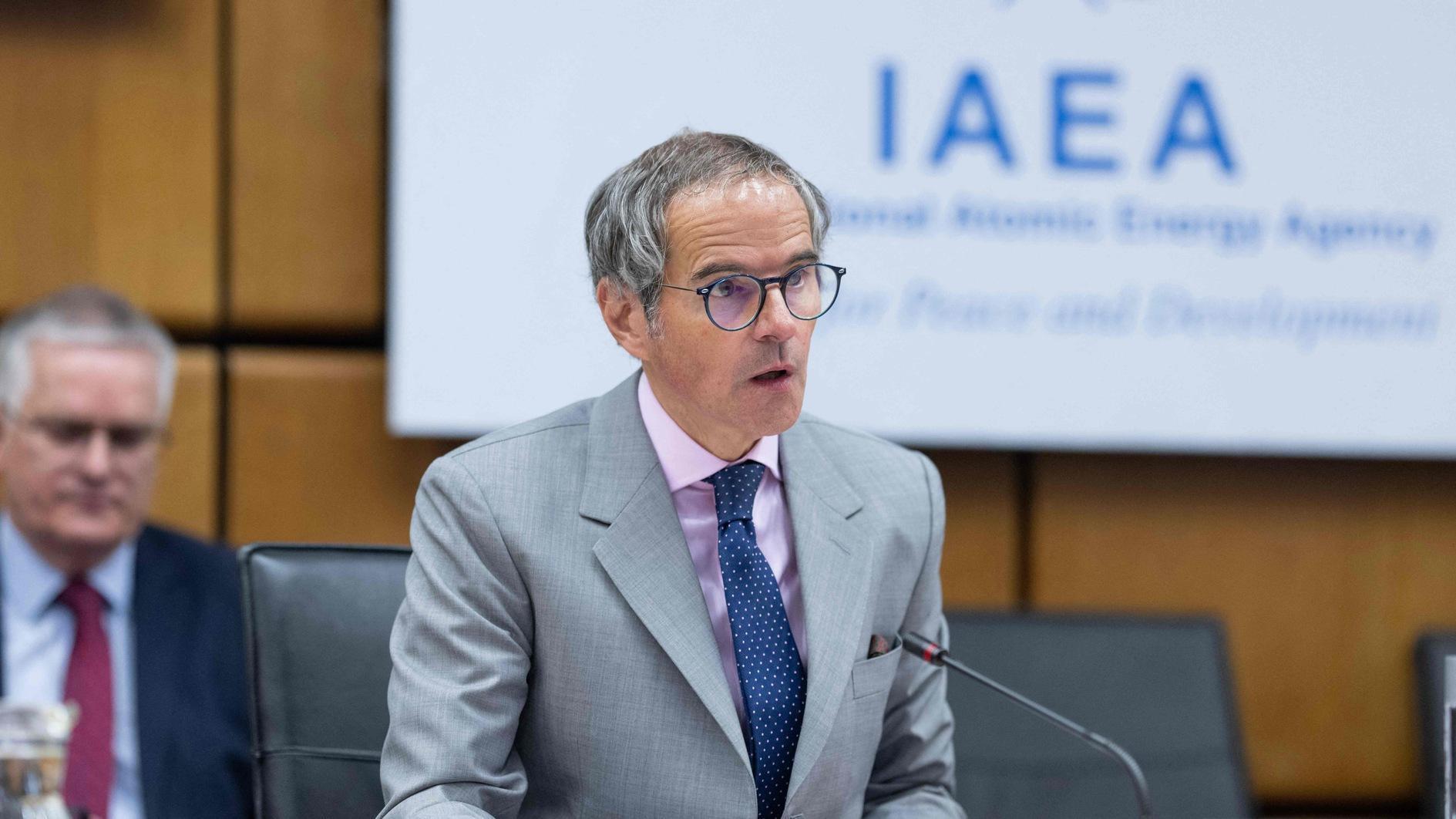Flying the crashed Cyprus plane…
A British colleague, who has been following the Cyprus problem right from the start in 1963, once said the Cyprus talks were very much like a plane that smoothly takes off every 10 years before making a crash landing each time.
Greek Cypriot leader Nikos Anastasiades has declared his readiness to resume talks from the point they collapsed on Monday night at Mont Pelerin in Switzerland. Turkish Cypriot leader Mustafa Akıncı said the collapse of the Mont Pelerin round of talks was not the end of the process. It will become clear which course to follow in a day or two.
The United Nations’ outgoing Secretary General Ban Ki-moon will send his special envoy Espen Barth Eide next week. Despite transition pains, the United States remains upbeat that “now is the best time” for a Cyprus resolution. British diplomacy is at work. Greek Prime Minister Alexis Tsipras hopes to meet soon with Turkish President Recep Tayyip Erdoğan.
As the problem remains unresolved, it is obvious that the two sides can either concede the exercise they have been continuing for the past 18 months has collapsed and now is time for a fresh initiative, or they can defy all the odds and give the process a last chance once again. The latter is easier said than done.
Over the past 18 months there was a proud declaration from both sides that for the first time there was full compatibility in the chemistry of the two leaders, they were both pro-settlement and indeed they both voted “yes” to the 2004 failed Annan Plan. “When they say something, they indeed mean it. They don’t just pay lip service like most of their predecessors,” it was said. There was a rare sense of trust and a high degree of confidence in between the two leaders, particularly in Akıncı towards Anastasiades.
Greek Cypriot political gurus were warning the Turks in private discussions that Anastasiades was not actually the person he has been imitating all this time. But throughout the past 18 months Akıncı has been telling friendly journalists and his political team that he has a high degree of trust in Anastasiades, saying he believed he wanted to achieve peace and this was a chance to have dedicated pro-settlement leaders on both sides.
The confidence between the two leaders was indeed instrumental in achieving whatever advances were made in the intercommunal talks process. Before travelling to Mont Pelerin in early November, Akıncı was reportedly confident that, with some last touches, he and Anastasiades would make it into the history books as the leaders who buried the more than 50 years of the Cyprus problem and ushered the island into peaceful togetherness and co-governance led by the two peoples.
On many occasions, particularly on Nov. 10, talks reached the brink of collapse, with Anastasiades yelling at his team and shoving chairs around. His people explained to the perplexed Akıncı and the Turkish team that this was his typical distressed behavior. At that moment, when talks appeared deadlocked, Akıncı walked the extra mile and put a landmark territorial concession on the negotiations table. For the first time in decades, Akıncı said he could agree to a territorial arrangement that would leave only 29.2 percent of the island to the Turkish Cypriots, almost seven percentage points less than what they have at the moment.
Naturally, as was agreed earlier there would be no talk about maps, but the sides would present their maps to the United Nations at a conference participated in by Turkey, Greece and Britain – the three guarantor states of the 1960 Cyprus Republic – together with the security dimension and all other outstanding points of the peace deal. The understanding or the agreed modality required the two sides to discuss only on criteria regarding territorial arrangements. After the Turkish offer on territory, Anastasiades demanded time to consult Athens and political leaders back in Nicosia, and demanded a one-week interval to the talks. The Turkish Cypriot side accepted the demand, hoping that Anastasiades would return with a “yes” and the talks would proceed to setting a date for the five-party conference where a settlement plan, including its security dimension, would be finalized.
In Athens, however, Anastasiades with the help of Greek Prime Minister Tsipras threw the ball out of the game when Greece announced that it might go to a five-party conference only to liquidate the 1960 guarantee scheme. That was dynamite placed at the root of the talks. It devastated the confidence Akıncı had developed in Anastasiades.
The second round of Mont Pelerin talks started and continued under such a tense psychological situation. When Anastasiades adamantly insisted on finishing off the territorial aspect, including drawing up new maps, without walking an inch regarding setting a date for the five-party conference or satisfying the security demands of the Turkish Cypriots, talks collapsed and the entire Turkish team burst into tears in shock and sorrow at the loss of yet another chance for settlement.
Now, there is a crisis of confidence between Akıncı and Anastasiades. Akıncı no longer believes in a word said by Anastasiades. Only a few weeks are left before the end of the year. 2017 is election year on the Greek side of Cyprus. There will be a new U.S. administration. Worst, there will be a new U.N. secretary-general.
Do we still have the opportunity to re-fly the crashed plane? Probably. But not anytime soon.











